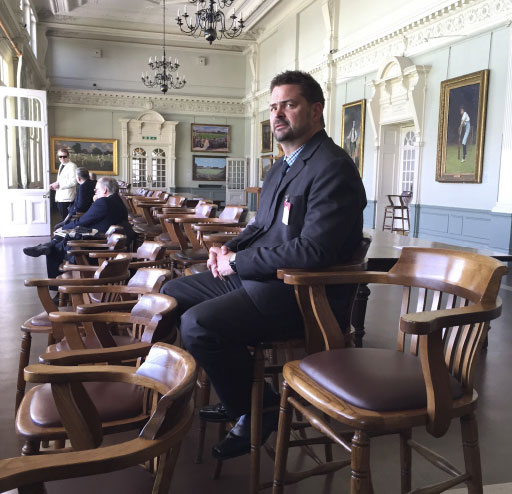 Download a printable version of this article (PDF 455KB)
Download a printable version of this article (PDF 455KB)
- Fear is the cultural opposite of failure.
- Failure is a necessary component of success.
- Failure improves efficiencies.
- Failure fosters feedback.
- Failure must be demonstrated, not demanded.
When I ask school leaders what the opposite of failure is, there are some interesting responses. The most common answer is success. Being the agitator that I am, I like to challenge this. Success implies an absence of failure – that what we do regularly works at a high level. I don’t think schools are like this.
“I’ve missed more than 9000 shots in my career. I’ve lost almost 300 games. 26 times, I’ve been trusted to take the game winning shot and missed. I’ve failed over and over and over again in my life. And that is why I succeed.”
– Michael Jordan
I think the opposite of failure is fear. A culture that accepts failure is one that takes risks, innovates and is prepared to improve efficiencies through trial and error. A culture that rejects failure will find itself in quicksand. Staff will learn that the best way to maintain their status is not to try anything new – to fear mistakes and to miss out on the learning those mistakes come with. They stay still – or they’ll sink!
I encourage you to build a culture where failure is viewed as a necessary component of success – and not as its polar opposite. Arguably the greatest basketball player of all time, Michael Jordan, said “I’ve missed more than 9000 shots in my career. I’ve lost almost 300 games. 26 times, I’ve been trusted to take the game winning shot and missed. I’ve failed over and over and over again in my life. And that is why I succeed.”
Jordan understood that failure is a teacher too. He knew that placing ourselves in a position where we are likely to make a mistake, is often the only thing that can arm us to make fewer mistakes in the future. It wasn’t just as a basketball star that Jordan applied this thinking.
Despite enormous wealth, he travelled the country as a B Grade baseball player, bought businesses, headed up foundations – and many of these ventures failed.
Yet he emerged with lessons for life and work that make him more regularly successful than most – despite the risks he took.
Your culture doesn’t need to seek failure, but merely to accept it as part of the learning process. Through this acceptance you will find a distinct increase in a key behaviour necessary for both students and teachers to thrive – resilience. Resilient organisations are able to:
- Create an acceptance of feedback.
- Create a culture of feedback.
- Demonstrate the ability bounce back from adversity.
- Demonstrate a commitment to innovation and hard work.
- Allow improvement efficiencies through trial and error.
- Reduce fear and paralysis.
How do you begin to build this counter-intuitive culture of failure? How can you encourage more risk-taking, more innovation, more idea generation and more creative practice amongst your staff? The truth is you can’t! Put simply, a culture of failure will only emerge with you. People will not believe they’ll be fine if you tell them to jump over the edge of the teacher practice cliff. You need to jump first.
So innovate, try new things, make mistakes, apologise, pick yourself up, dust yourself off, get back on the horse, seek feedback, accept criticism … and then watch. As others begin to follow your lead you will feel a whole new cultural wave envelop your school. Others will call it innovation, creativity, collaboration and even success. You’ll know that it’s failure … and it’s spectacular!







